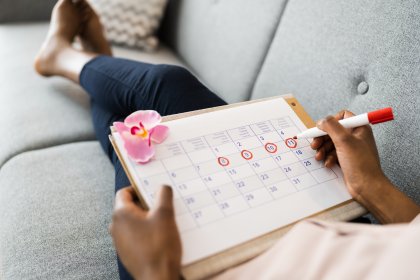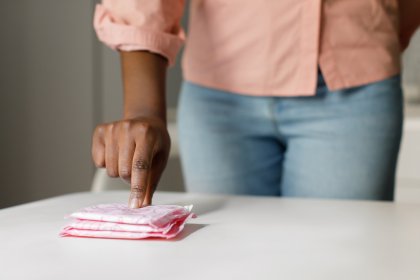Menstruation
No stress, no secrets. How to prepare a young woman for her first period?
The transition from childhood to womanhood is sudden and abrupt in girls’ lives, and they feel fear and shame for a long time before they eventually settle into the changes. It does not have to be this way! It is a good idea to talk about adolescence, puberty and the related processes with a child long before these changes come about. We explain how to prepare a teen for her first period step by step.
Invisible poverty. How to fight period poverty?
Lack of access to menstrual supplies is a problem facing an increasing number of women of all ages. Shame, powerlessness and fear of being negatively judged by others force them into social isolation. It does not have to be this way! We try to explain what period poverty is about and how to fight it.
What about sex during the period? Debunking menstruation myths
Half the world’s population menstruate, yet the period invariably remains a taboo surrounded by many myths. Those myths are alive and well despite the passing years. It’s high time these myths were busted.
Not ‘that time of the month’, but a period! It’s high time to get rid of the menstrual taboo
It’s hard to believe that we live in the 21st century and still treat the physiological dimension of femininity as taboo. ‘Period’ (since this is what the previous sentence talks about) remains a word that is spoken quietly, or preferably not at all. Why is this a very unfavourable phenomenon? How does it affect young women? And why should conversations about menstruation include also boys?
A revolutionary draft act. A great opportunity for girls in schools
Access to menstrual hygiene products is a human right. Yet menstrual poverty is a phenomenon that, although scrupulously concealed and very often overlooked in public discourse, is a problem affecting every fifth woman or girl in Poland. Having no funds to buy proper menstrual pads, each month they isolate themselves by giving up their daily activities. There is a draft act that, if passed, will change this.






